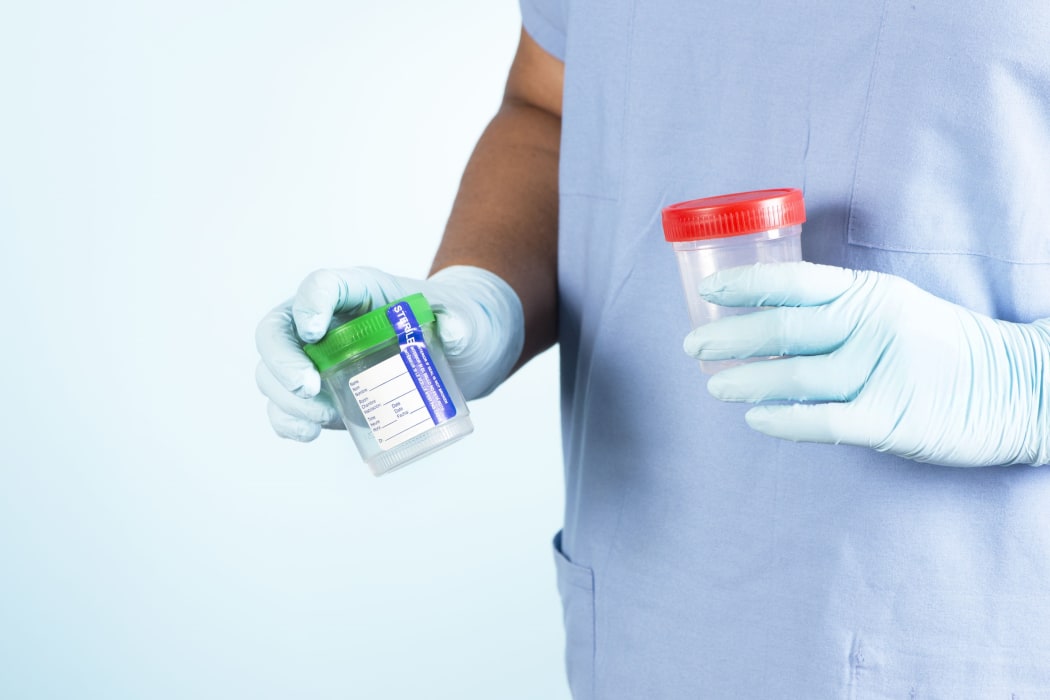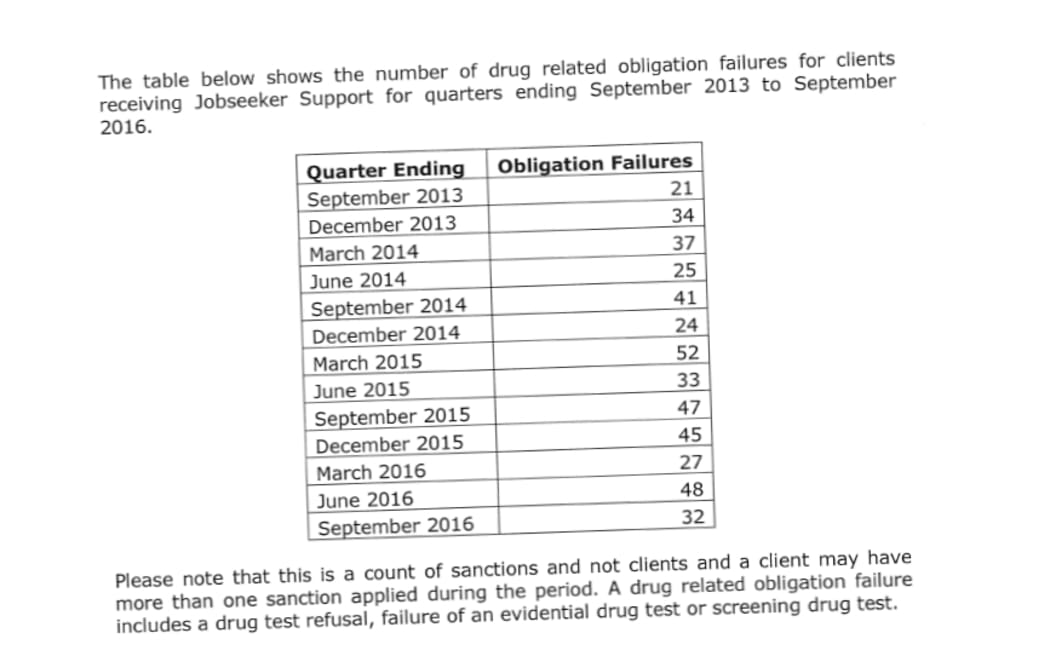Prime Minister Bill English said the drug habits of many Kiwis ruled them out of getting a job. Mediawatch looks at how the media responded to a story driven by anecdotes.

Photo: 123RF
While two New Zealand rugby players overseas put their jobs at risk this past week because of drink and drugs, the Prime Minister swung the spotlight on New Zealanders whose drug use meant they could not find work here.
"Under workplace safety you can't have people on your premises under the influence of drugs and a lot of our younger people can't pass that test," he said.
Mr English also said that was one of the reasons why the latest figures revealed a record number of immigrants were arriving in New Zealand.
When reporters pressed him for more details on Tuesday, he said his claim was based on what employers commonly tell him.
Anecdotal evidence, then - not hard data.
On RNZ's Checkpoint, political reporter Benedict Collins revealed the number of drug test failures recorded by the Minster for Social Development was tiny.
The Ministry estimated about 150 different people failed drugs tests in the past three years, after an average of about 30,000 tests a year.
But it turns out those figures are not new.
They were first released and reported after Official Information Act requests last year. NZME reporter Kim Fulton had them in a story published last May in the Northern Advocate.
In fact most news stories since the drug testing of jobseekers was introduced in 2013 have been 'good news' ones for the government.
In January 2014, the New Zealand Herald's David Fisher reported that only 22 out of more than 8000 beneficiaries sent for jobs requiring drug testing had tested positive to drug use after the introduction of the testing policy.
"The low number has been greeted as a victory by Social Development Minister Paula Bennett, who says the policy is driving beneficiaries away from using drugs," said the Herald.
In May last year the Northern Advocate reported that fewer than five Northland beneficiaries had benefits cut after 2100 drug tests in 2015. When the number of people testing positive falls as low as that, the Ministry of Social Development withholds the precise number to protect clients' privacy.
So was Bill English talking out of his anecdote?
The MSD figures for tests of jobseekers are only a part of the picture.
A private company - The Drug Detection Agency (TDDA) - said it carried out 140,000 tests last year at businesses and institutions all over the country. It is almost the only source of private sector drug testing data that Mediawatch could find in recent media stories.
TDDA reports about 5 percent of people fail their tests on average, and that might mean the level of drug use is higher across the board than the MSD figures for recent years indicate.
But TDDA tests people about to start jobs, or those already in them who are being tested randomly to make sure they’re complying with employers’ policies.
If the people out of work return far fewer positive tests for drugs, the testing can’t be a significant hurdle to actually securing a job.

A table in documents released under the Official Information Act showing the small numbers of positive drug tests for jobseekers in various regions. Photo: screenshot
For and against
"The Prime Minister's latest reach on record immigration being the fault of doped up unemployed Kiwis doesn't stack up," wrote Fairfax Media political correspondent Tracey Watkins in the Dominion Post.
But on Newstalk ZB, Mike Hosking praised the PM for boldly shining a light on “a cold hard embarrassment” and he echoed Mr English from last year when he said some Kiwi unemployed were “pretty damned hopeless”.
Hosking also had some anecdotal evidence of his own on TVNZ's Seven Sharp show.
He said carpentry students in Rotorua were progressing from level 1 and 2 courses, but then dropping out on the verge of graduation because of drug testing at level 3.
“They take a weekend on the dope over the prospect of a job and a career,” he said.
It looks like Hosking had read this story in the Rotorua Daily Post last year, which also appeared on the New Zealand Herald’s website.
The story reported a dip in enrollment at Waiariki Institute of Technology's campuses in 2016 after its engineering and construction department became the first to introduce drug-testing at level 3 last year.
But school head John Kelly told Mediawatch no students had progressed through levels 1 and 2 and quit because of testing.
In 2016, some students enrolled but didn't start the Level 3 course, most likely because there were lots of jobs available in and around Rotorua. Enrollment in 2017 had stabilised, he said.
It's a shame Hosking and Seven Sharp didn't go to Rotorua to check on this dope-driven drug-test failure.
In her piece telling Mr English to "pull the other one," Watkins also said:
“English won't have done himself any political harm with the claim, which feeds into the talk back narrative about unemployed dole bludgers and young slackers."
That makes it even more important that the news media reported the drug-testing facts.
And you’d think Mr English would have approved.
Just last month he told the Institute of Public Administration his government aimed to “to do more of what works... based on evidence."
“Publicising data and increasing transparency means more people can come to an informed view on how government should operate,” said Mr English.
You’d have to be "pretty damned hopeless" to argue with that.

